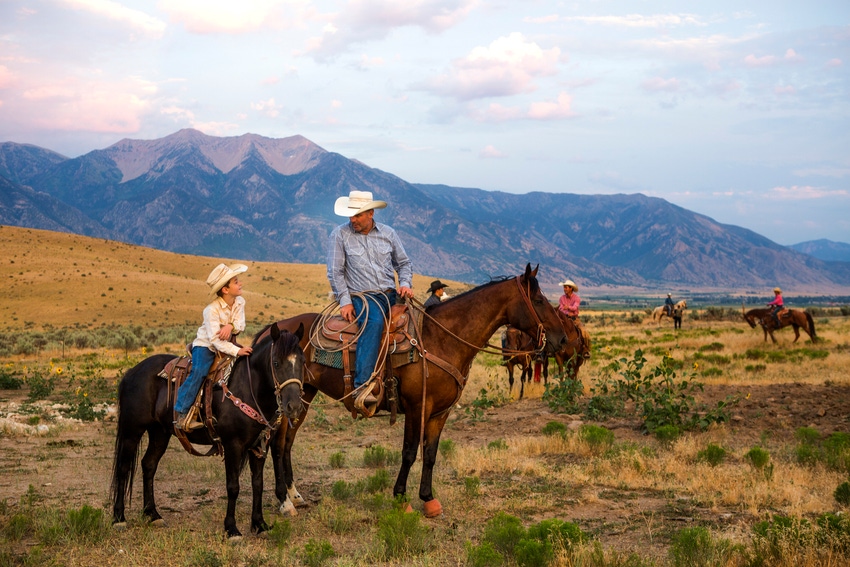What is a generation and how do you define one?
August 30, 2018

How many generations work on a multi-generational cattle operation? At first glance, that may seem like a silly question—if the grandparents, their children and grandchildren are all involved, it’s a three-generation outfit, right?
Well, there could be as many as five generations on your operation. It all depends on how you define a generation.
At The Center for Generational Kinetics, we define a generation as a group of people born at or around the same time and raised in a similar manner. For instance, when it comes to parenting styles or technology, there’s a big difference between the way a 55-year-old was raised and the way a 21-year-old was raised.
We also view generations as a great clue to help figure people out and uncover predictive behavior. But it’s important to note that you can’t always fit a person into a generation and accurately describe everything about them. We are all different people with varying backgrounds, experiences, and personalities.
What determines a generation?
Rather than cut off a generation at 20-year periods, we like to say that a generation is formed by the circumstances happening in society. For example, in the U.S. we divide Millennials and Gen Z according to 9/11. If you remember 9/11 and it was an event that you witnessed live, then you’re a Millennial.
Most of Gen Z, with the exception of some of the older members, have only read about 9/11 in their history books. Sometimes there’s not such a definitive line between generations, like Gen X and Millennials, but often it’s shaped by events.
How long is a generation?
Generation lengths vary. While some researchers will say each generation fits neatly into 20-year blocks, we don’t feel that way. We let circumstances define the length of a generation instead of us preemptively defining the length of the generation. As an example, we view Gen X as significantly smaller and Millennials slightly larger than 20 years.
What are the generations? What are their birth years?
Traditionalists: 1946 and earlier
Boomers: 1946 – 1964
Gen X: 1965 – 1976.
Millennials: 1977 – 1995.
Gen Z: Born from 1996 to present
For now, we haven’t put an end cap on Gen Z. Often times you put an end cap on a generation in hindsight, not foresight, unless you’re doing the 20-year block. We want to wait a little longer to define an end to Gen Z because there might still be an event or a technology or something that divides them from the next generation.
What is the Silent Generation?
Sometimes the Silent Generation is defined as the generation before Traditionalists, and other times it’s just another name for Traditionalists. We define the Silent Generation as another name for Traditionalists.
The Silent are people who were born just after the turn of the century or right at the turn of the century. They grew up experiencing the Great Depression and the Dust Bowl in certain parts of the country, which was hugely impactful. Then, when they finally got into early adulthood, they went to war.
How many generations are in the workforce?
Right now, there are five generations in the workforce: Millennials, Gen X, Baby Boomers, a few Traditionalists — and now Gen Z, who are just beginning to graduate high school and college! Currently, Millennials make up the largest generation in the workforce, but as Traditionalists and Baby Boomers retire and Gen Z gets older, that’s going to change — not as fast as you might think though.
Traditionalists will be in the workforce for a while longer. They’re in their early seventies, but many just love to work. They love their jobs and are not interested in leaving. And I think Baby Boomers will be exactly the same way. It will be really interesting to see what the workforce looks like in 10 or 15 years!
Elli Denison Ph.D., is director of research at the Center for Generational Kinetics
You May Also Like



